 Young children who recognize food name brands, like Lucky Charms, M&M’s, and Cheetos are more likely to make unhealthy choices and be at higher risk of obesity later, say researchers.
Young children who recognize food name brands, like Lucky Charms, M&M’s, and Cheetos are more likely to make unhealthy choices and be at higher risk of obesity later, say researchers.
 For decades, some people have embraced the idea that there might be major health benefits from taking vitamins in quantities well beyond the recommended daily requirement.
For decades, some people have embraced the idea that there might be major health benefits from taking vitamins in quantities well beyond the recommended daily requirement.
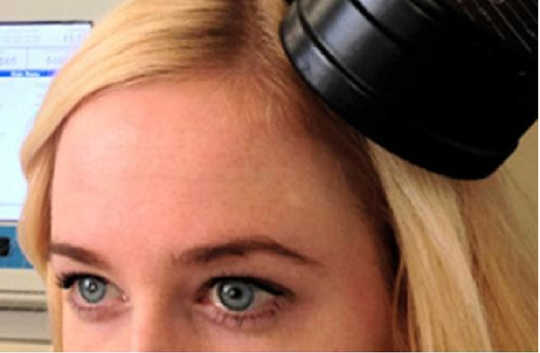 Interest in electrical brain stimulation has skyrocketed in recent years, both in the popular media and scientific literature.
Interest in electrical brain stimulation has skyrocketed in recent years, both in the popular media and scientific literature. ![]()
 People post millions of food photos on Instagram every day. New research suggests this could be a way to track food intake for weight loss or fitness.
People post millions of food photos on Instagram every day. New research suggests this could be a way to track food intake for weight loss or fitness.
 Parkinson’s disease is the second most common neurodegenerative disease after dementia, affecting more than ten million people worldwide. In Australia alone, more than 70,000 people have the disease – that’s one in every 340 Australians.
Parkinson’s disease is the second most common neurodegenerative disease after dementia, affecting more than ten million people worldwide. In Australia alone, more than 70,000 people have the disease – that’s one in every 340 Australians.
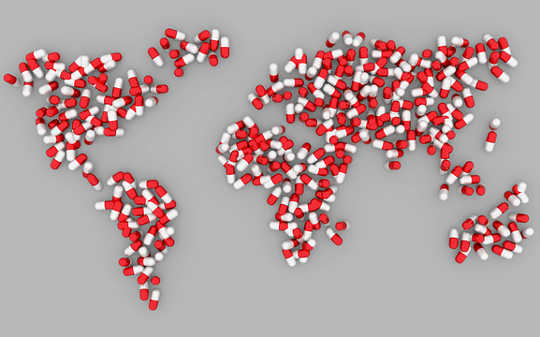 There are almost weekly alerts of the global threat of antibiotic resistance. They are often abstract and difficult for patients and GPs to relate to.
There are almost weekly alerts of the global threat of antibiotic resistance. They are often abstract and difficult for patients and GPs to relate to.
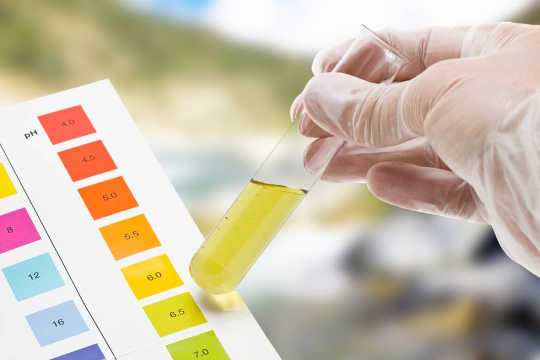 Doctors request a urine test to help diagnose and treat a range of conditions including kidney disorders, liver problems, diabetes and infections. Testing urine is also used to screen people for illicit drug use and to test if a woman is pregnant.
Doctors request a urine test to help diagnose and treat a range of conditions including kidney disorders, liver problems, diabetes and infections. Testing urine is also used to screen people for illicit drug use and to test if a woman is pregnant. ![]()
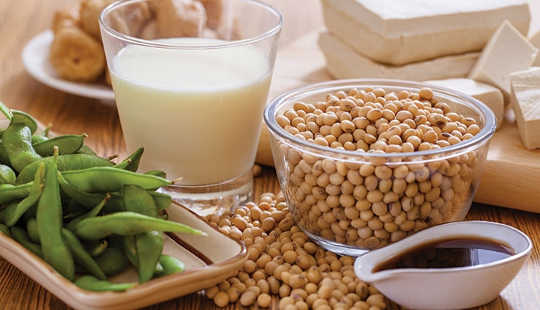 Eating a diet that includes foods containing soy protein may work to alleviate some symptoms of inflammatory bowl diseases, a new study with mice suggests.
Eating a diet that includes foods containing soy protein may work to alleviate some symptoms of inflammatory bowl diseases, a new study with mice suggests.
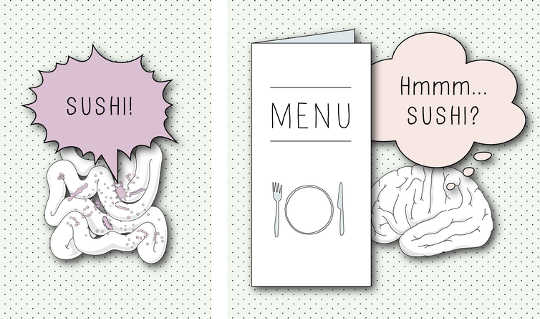
Most of us believe in free will, particularly when it comes to our eating habits. That’s why most people don’t regard obesity as a disease but rather a moral weakness or lack of willpower. But the free will argument has been taking a bit of a beating lately. ![]()
 Postmenopausal women at the highest genetic risk for fractures benefit the most from hormone therapy, research shows.
Postmenopausal women at the highest genetic risk for fractures benefit the most from hormone therapy, research shows.
 A set of snap-together glasses will help doctors demonstrate the effects of diabetic retinopathy, an eye disease that can result from uncontrolled diabetes and lead to blindness.
A set of snap-together glasses will help doctors demonstrate the effects of diabetic retinopathy, an eye disease that can result from uncontrolled diabetes and lead to blindness.
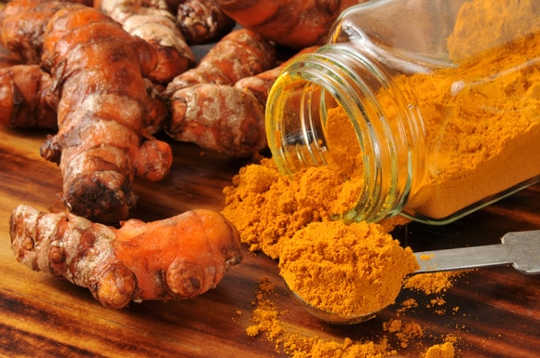
Turmeric is a yellow coloured spice widely used in Indian and South East Asian cuisine. It’s prepared from the root of a plant called Curcuma longa and is also used as a natural pigment in the food industry. ![]()
 Gut bacteria could influence whether or not babies survive infections of the digestive system, new research with mice suggests.
Gut bacteria could influence whether or not babies survive infections of the digestive system, new research with mice suggests.
 As people with hearing loss work to improve their speech recognition, a familiar voice may work better than a generic one, research shows.
As people with hearing loss work to improve their speech recognition, a familiar voice may work better than a generic one, research shows.
 To justify President Donald Trump’s aim to spend less on social services, Office of Management and Budget Director Mick Mulvaney declared, “We can’t spend money on programs just because they sound good.” Who can argue with that?
To justify President Donald Trump’s aim to spend less on social services, Office of Management and Budget Director Mick Mulvaney declared, “We can’t spend money on programs just because they sound good.” Who can argue with that? ![]()
 A health "crisis" whether a physical, mental, emotional, relationship, or financial crisis in our lives — forces us to reflect on, re-evaluate, and change our current routines and thought patterns. Any form of disease is ultimately an opportunity to...
A health "crisis" whether a physical, mental, emotional, relationship, or financial crisis in our lives — forces us to reflect on, re-evaluate, and change our current routines and thought patterns. Any form of disease is ultimately an opportunity to...
 Consumers are in an unprecedented dilemma over food. On the one hand, they have never had it so good
Consumers are in an unprecedented dilemma over food. On the one hand, they have never had it so good
 Every year, millions of Americans get short-term prescriptions for steroids, such as prednisone, often for back pain, allergies, or other relatively minor ailments.
Every year, millions of Americans get short-term prescriptions for steroids, such as prednisone, often for back pain, allergies, or other relatively minor ailments.
 Celebrity trainers and buff social media stars use terms such as “shred”, “burn” and “melt” to describe bodies responding to resistance training and cardiovascular exercise with rapid physical transformation.
Celebrity trainers and buff social media stars use terms such as “shred”, “burn” and “melt” to describe bodies responding to resistance training and cardiovascular exercise with rapid physical transformation. ![]()
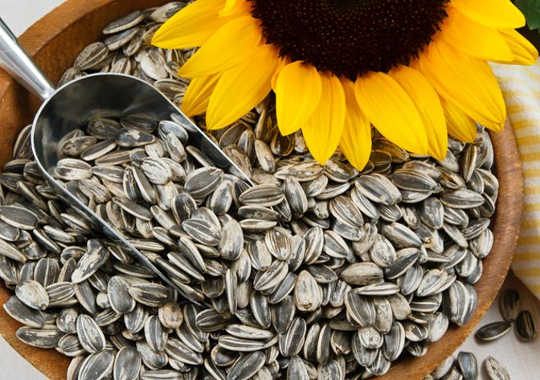 Sunflower seeds and products made from them are often contaminated with a toxin produced by molds, report researchers. This poses an increased health risk in many low-income countries worldwide.
Sunflower seeds and products made from them are often contaminated with a toxin produced by molds, report researchers. This poses an increased health risk in many low-income countries worldwide.
 New research suggests that excess sugar—especially the fructose in sugary drinks—might damage your brain.
New research suggests that excess sugar—especially the fructose in sugary drinks—might damage your brain.
 If you see a female friend or colleague sitting in front of a desk fan in winter while everyone else is shivering in sweaters, chances are she is having a hot flush, courtesy of the menopause.
If you see a female friend or colleague sitting in front of a desk fan in winter while everyone else is shivering in sweaters, chances are she is having a hot flush, courtesy of the menopause. ![]()
 Two years ago, former President Barack Obama announced the Precision Medicine initiative in his State of the Union Address.
Two years ago, former President Barack Obama announced the Precision Medicine initiative in his State of the Union Address.
















